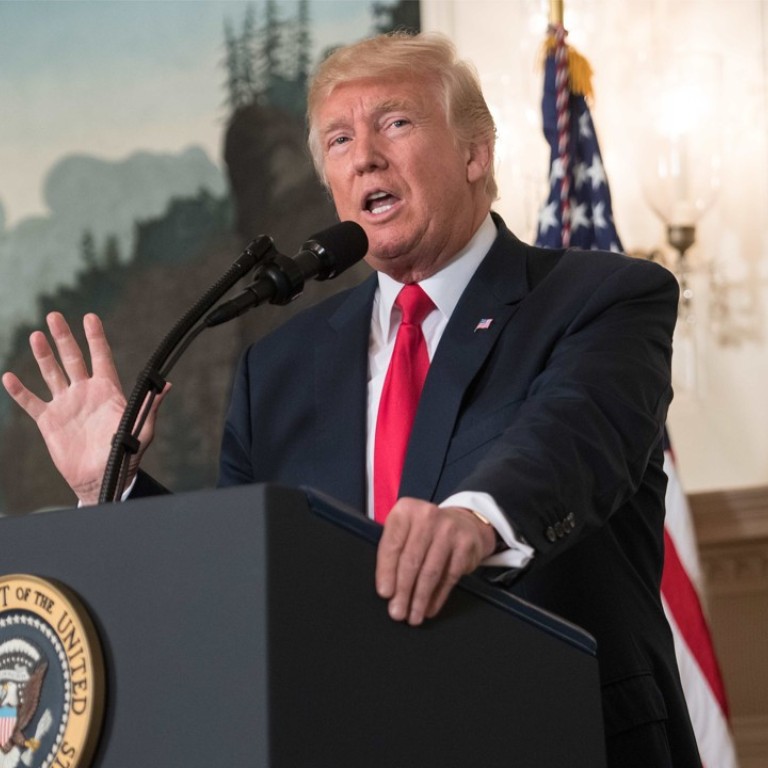
Little appetite for US-China trade war
The Trump administration has ordered an inquiry into alleged theft of intellectual property but there is little appetite in either country for escalation of tensions
United States President Donald Trump has authorised his administration’s first direct trade measure against China – an inquiry into alleged theft of intellectual property. Something of the kind was to be expected, given a number of bilateral disappointments for Washington. They include the inconclusive outcome of the 100-day trade deficit reduction plan agreed between Trump and President Xi Jinping in April; the failure of high-level talks in July to rescue it; and lately but not least the view from the White House that China could have been more aggressive in reining in North Korea’s nuclear ambitions.
To many, however, the inquiry bears the hallmark of posturing at this stage rather than bringing the spectre of a trade war any closer. The office of the US Trade Representative will have up to a year to look into whether to launch a formal probe of China’s IP policies, which politicians and industry groups claim are harming businesses and jobs. The inquiry could be fast-tracked. But that reckons without some realities of world economic relations.
Targeting steel in retaliation over IP, for example, would be a gesture with little real effect because it now accounts for an insignificant proportion of China-US trade. Action to protect IP itself would risk collateral damage through the inter-connection of much of the hi-tech industry. It would be hard to punish China without harming Japan and South Korea. And China has vowed retaliation in the face of sanctions.
Moreover, China is increasingly a consumer market for hi-tech products at which America excels, rather than a manufacturing centre. US firms could therefore be expected to offer strong resistance to a trade war with China. Indeed, with the world economy increasingly interconnected and China’s growing importance as a consumer market, it would be counterproductive.
Trump, after all, was elected president on the promise of creating jobs, which is unlikely to be fulfilled by a trade war. That said, he is expected to visit Asia later this year, and he is a businessman who likes to negotiate from a position of strength and flexibility. The IP inquiry can be ramped up or wound up at any time.

